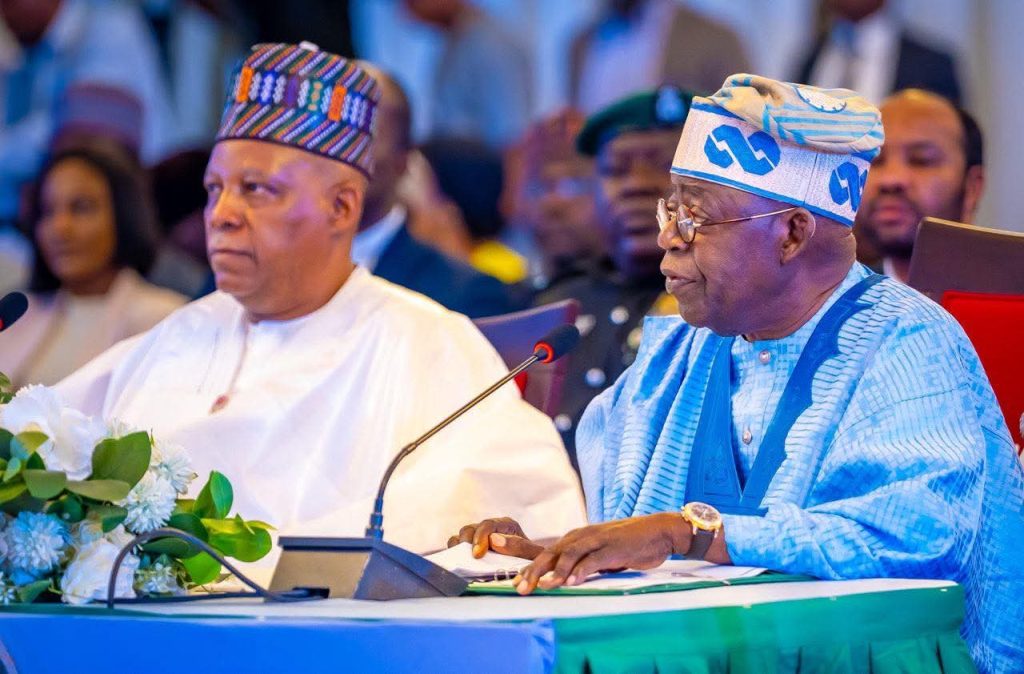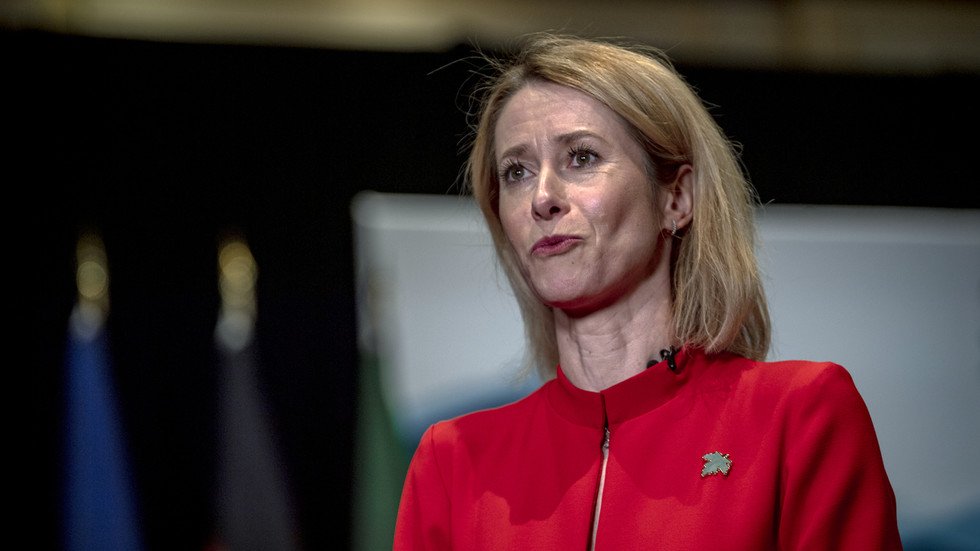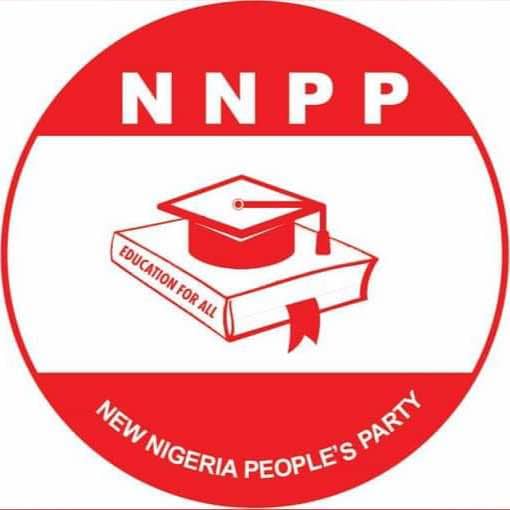Nigerian opposition figure Aminu Tambuwal, a senator representing Sokoto South, has publicly rejected speculation about defecting to the ruling All Progressives Congress (APC), framing his decision as a moral stance. The former Sokoto State governor, addressing supporters in Sokoto after returning to the region, declared he would never seek the APC’s “forgiveness of sins” — a nod to Nigeria’s practice of politicians switching parties to avoid accountability or secure political favors.
“I do not want my sins to be forgiven, so I can’t join the APC,” Tambuwal stated, dismissing claims of external pressure. “I cannot be intimidated. I cannot be blackmailed. No one can tarnish my records.” His remarks come amid heightened polarization in Nigerian politics, which he described as a clash between allies of President Bola Tinubu’s administration and advocates for broader public interests. Tambuwal, a key member of the minority opposition coalition, emphasized his alignment with “the people of Nigeria,” framing the divide as a choice between governance elites and grassroots accountability.
The senator’s defiant stance follows reports by Nigerian outlet Media Talk Africa that he was briefly detained earlier by the Economic and Financial Crimes Commission (EFCC) over an ongoing probe into alleged misappropriation of public funds. The anti-graft agency is investigating the withdrawal of ₦189 billion (approximately $133 million) from state coffers during his tenure as Sokoto governor from 2015 to 2023. Tambuwal has not directly addressed the allegations but has repeatedly denied wrongdoing, portraying the scrutiny as politically motivated.
Analysts note his rebuke of the APC underscores deepening rifts within Nigeria’s political landscape, where defections to the ruling party have often been weaponized to weaken opposition voices. Tambuwal, a former Speaker of the House of Representatives, has maintained influence in the northwest, a region crucial to Nigeria’s electoral dynamics. His refusal to align with Tinubu’s party signals a potential hardening of opposition ranks ahead of future elections.
The EFCC has not issued formal charges, but the case highlights the intersection of anti-corruption efforts and political maneuvering in Africa’s most populous democracy. Tambuwal’s supporters have dismissed the investigation as a tactic to pressure critics of the Tinubu administration, while governance watchdogs urge transparency in the probe. As debates over accountability intensify, the senator’s rhetoric positions him as a defiant figure in Nigeria’s ongoing struggle to balance political power and public trust.



